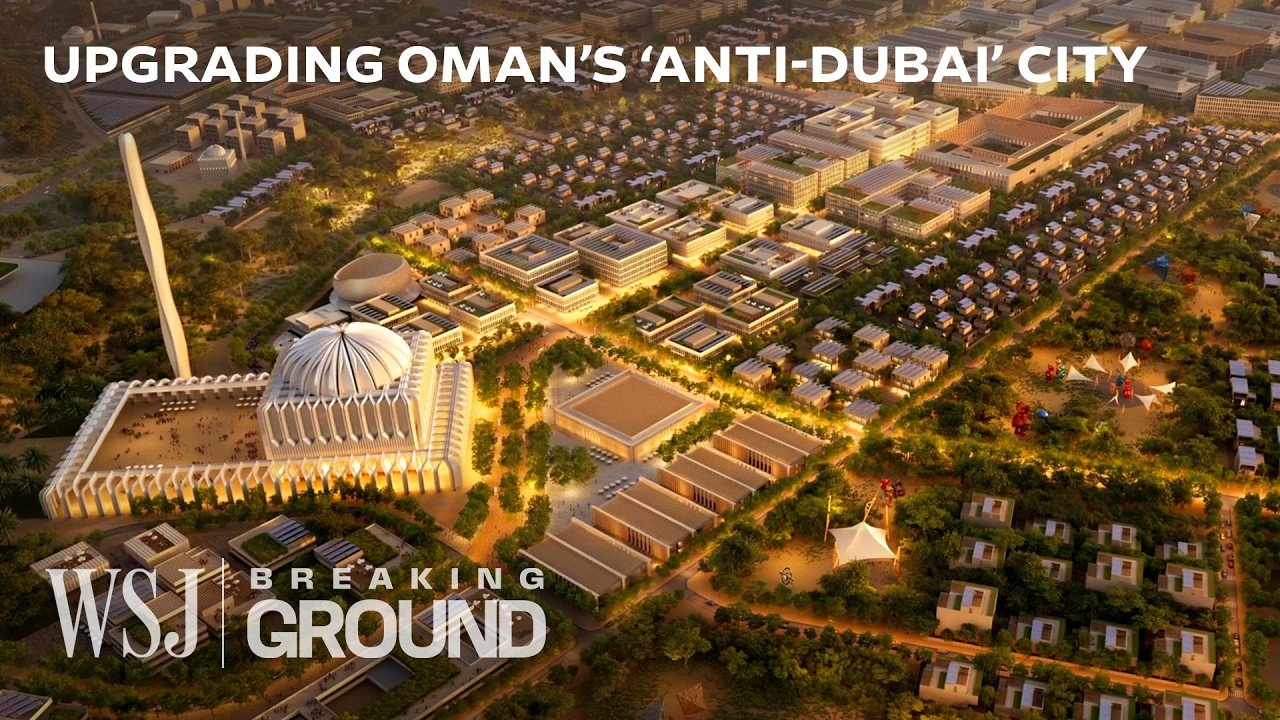- Oman is investing billions into modernizing Muscat with projects like Sultan Qaboos City as it seeks an economic future beyond oil.
- The development aims to offer a practical model for Middle Eastern cities, featuring low-rise buildings and providing thousands of homes for both locals and expatriates.
- With a projection to house 100,000 people, the city plans include over a dozen neighborhoods, 25 mosques, and 39 schools, aiming for completion by 2045.
- Oman’s approach contrasts with more grandiose projects in the region, such as The Line in Saudi Arabia or Egypt’s new administrative capital, due to its smaller budget and population.
- The country values its local atmosphere and is cautious about becoming another Dubai, focusing on maintaining the community feel and service-oriented job market for Omani citizens.
- Oman faces challenges in convincing its population to embrace denser living conditions, with current preferences leaning towards single-family homes in low-density areas.
- The government is planning a mass transit system to connect Sultan Qaboos City with the old city, aiming to reduce traffic and improve the urban environment.
- The mega project also plays a key role in Oman’s tourism strategy, hoping to attract visitors with its historical sites and political stability without resorting to the flashy projects characteristic of Dubai.
- Concerns remain about the potential for new developments, like the $1.3 billion waterfront project, to disrupt Muscat’s skyline and local character with high-rise buildings.
- While aiming to attract investment and tourists, there is an ongoing debate about balancing spectacular developments with the needs and values of the local population.
The Wall Street Journal is an American business and economic-focused international daily newspaper based in New York City. The Journal is published six days a week by Dow Jones & Company, a division of News Corp.
AllSides Media Bias Rating: Center
https://www.allsides.com/news-source/wall-street-journal-media-bias
Official website: https://www.wsj.com
Original video here.
This summary has been generated by AI.

Leave a Reply